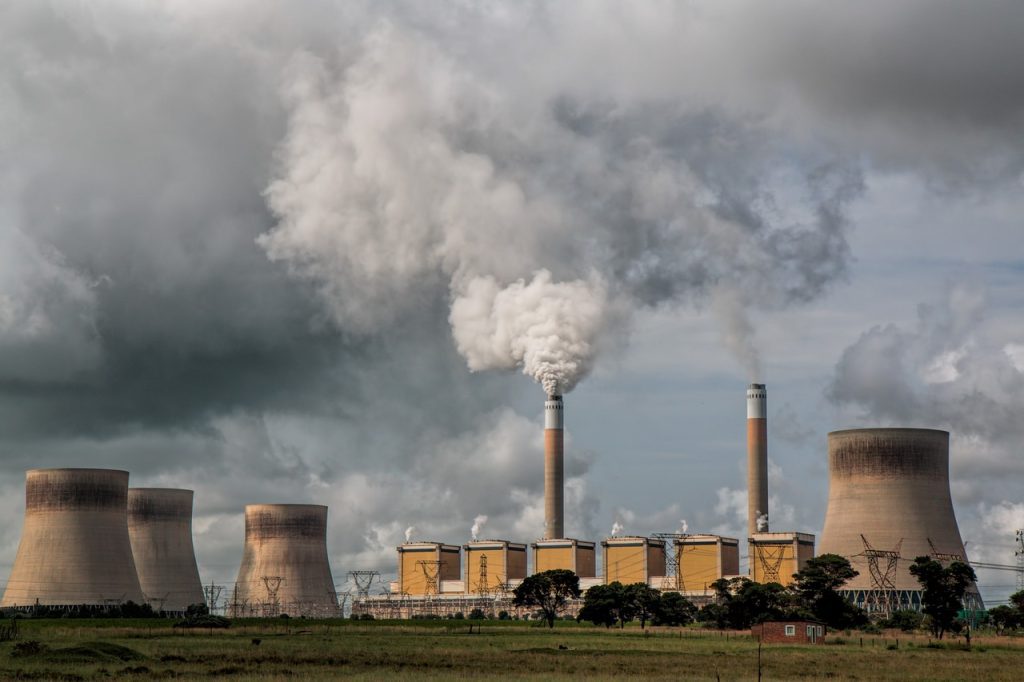Ever wondered why every environmental conversation seems to circle back to fossil fuels?
Why are coal, oil, and gas—our trusty energy sources—often painted as the villains of the climate story?
Let’s take a look at the science and unpack how the burning of fossil fuels causes an increase in greenhouse gases, and why this matters more than ever today.
What Are Fossil Fuels and Why Do We Burn Them?
First, let’s get our basics right. Fossil fuels—coal, oil, and natural gas—are formed from the remains of ancient plants and animals, buried under layers of earth for millions of years.
They’re energy-dense, making them perfect for powering our homes, vehicles, industries, and more.
When burned, these fuels release energy. That energy is what powers everything from your morning coffee maker to the industrial machines that build skyscrapers.
Sounds great, right?
But there’s a catch—burning fossil fuels also releases greenhouse gases, and these are the main drivers of climate change.
What Are Greenhouse Gases?
Greenhouse gases (GHGs) are like the Earth’s thermal blanket. They trap heat in the atmosphere, keeping the planet warm enough to sustain life.
Sounds like a good thing, right? And it is—to a point.
However, when we pump excessive amounts of GHGs into the atmosphere, it’s like throwing a heavy, extra-thick blanket on a warm night. The planet overheats, leading to global warming and its nasty side effects.
The main greenhouse gases released from burning fossil fuels include:
- Carbon Dioxide: The most infamous GHG, making up the lion’s share of emissions.
- Methane: A powerhouse of heat-trapping potential, often released during natural gas extraction.
- Nitrous Oxide: Released in smaller amounts but far more potent than carbon dioxide.
How Burning Fossil Fuels Leads to More Greenhouse Gases
When we burn fossil fuels, the chemical reaction releases carbon dioxide, water vapor, and energy.
Here’s how this works in simple terms:
- The Carbon Cycle Gets Disrupted: Fossil fuels contain carbon that’s been locked away underground for millions of years. When we burn them, that carbon combines with oxygen in the air to form carbon dioxide.
- Excess Carbon Dioxide Overloads the Atmosphere: The Earth’s natural processes—like forests absorbing CO2—can only handle so much. Burning billions of tons of fossil fuels overwhelms this system, leading to a buildup of CO2.
- Methane from Extraction: Natural gas, hailed as a “cleaner” fossil fuel, leaks methane during extraction and transport. Methane is 25 times more effective at trapping heat than CO2.
- Industrial Nitrous Oxide: Activities like using fertilizers or certain industrial processes release nitrous oxide, which has a warming potential 300 times that of CO2.
In short, burning fossil fuels throws a wrench into the Earth’s delicate atmospheric balance.
The Ripple Effect of Increased Greenhouse Gases
Now you might be thinking, “So what if there’s more CO2 in the air? What’s the worst that can happen?” The answer is: plenty.
1. Global Warming:
More greenhouse gases mean more heat trapped in the atmosphere. This leads to higher global temperatures, which is why summers are hotter than ever, and winters are less predictable.
2. Melting Ice Caps and Rising Sea Levels:
The polar ice caps act like giant air conditioners for the planet. When the Earth heats up, these ice caps melt, contributing to rising sea levels and threatening coastal cities and ecosystems.
3. Extreme Weather:
From hurricanes to droughts, increased GHGs disrupt weather patterns.
Ever noticed how storms seem more intense lately? Greenhouse gases are partly to blame.
4. Ocean Acidification:
Excess CO2 doesn’t just hang out in the air; a lot of it gets absorbed by the oceans, making the water more acidic.
This threatens marine life, especially species like coral and shellfish that depend on calcium carbonate to build their shells.
Why It’s Time to Rethink Fossil Fuels
The burning of fossil fuels isn’t just an environmental issue—it’s a human issue. It affects our health, our economies, and the future of life on Earth.
But here’s the silver lining: we’re not powerless. There are sustainable alternatives like renewable energy, improved energy efficiency, and carbon capture technologies.
Each of us can contribute by reducing energy waste, supporting policies that promote sustainability, and staying informed.
FAQs About Fossil Fuels and Greenhouse Gases
1. Are all fossil fuels equally harmful?
No, they vary in impact. Coal emits the most CO2 per unit of energy, followed by oil and then natural gas.
However, even “clean” natural gas leaks methane, which is worse than CO2.
2. Can we reverse the damage caused by greenhouse gases?
To some extent, yes. Actions like reforestation, switching to renewables, and adopting sustainable lifestyles can reduce emissions. But prevention is always better than cure.
3. Why don’t we just stop using fossil fuels immediately?
It’s complicated. The global economy depends heavily on fossil fuels, and transitioning to renewables requires time, investment, and political will.
Final Thoughts
Knowing how the burning of fossil fuels causes an increase in greenhouse gases is super necessary for anyone looking to grasp the environmental challenges we face today.
While the problem is massive, solutions are within reach. It starts with awareness, followed by action—because the planet we save is the one we live on.
